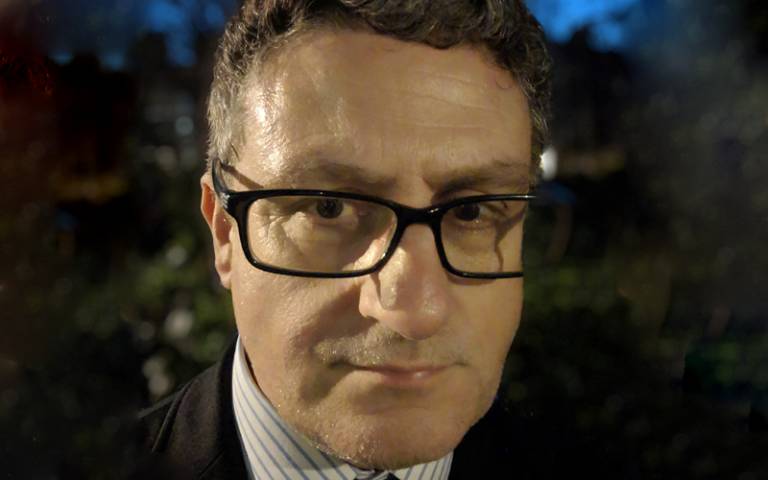Opinion: Let us show ordinary Russians what freedom looks like
2 March 2022
Visa-free visits and student bursaries would undermine Putin’s police state, writes Professor Mark Galeotti (UCL School of Slavonic & East European Studies).

Vladimir Putin has launched a war that a large number of Russians refuse to accept as being in their name. We need to recognise this and, as we slam Putin’s regime and war machine with sanctions, remember that it is both moral and pragmatic to consider the plight of ordinary Russians. Thousands have been protesting on the streets across the country, despite the high likelihood of being beaten up, arrested or imprisoned. Young and old, famous and not, the range of Russians making their views known is wide.
Even staff and students at MGIMO — the foreign ministry’s own university, the cradle of the diplomatic corps including Sergey Lavrov and something of a finishing school for the privileged scions of the elite — circulated an open letter condemning the invasion.
This is a useful reminder that Putin’s regime was already becoming increasingly illegitimate behind the façade of rigged elections and staged shows of public loyalty. Despite his essentially meaningless high approval ratings, the real support for Putin and his regime is best tracked through his own trust scores and support for his United Russia party, both of which are around 30 per cent.
Russia is a police state now, however, and mass protest is an increasingly dangerous undertaking. People power only really makes a difference when the elite and the security forces are divided, distracted or downright mutinous.
That is one reason why it is not only right but smart to do everything we can to resist Putin’s narrative; he claims that the West is acting not because it has a problem with what the Kremlin does but because it hates all 144 million Russians.
Putin is now undertaking a soft “North Koreanisation” of his country, cutting Russians off from everything that can call his self-serving lies into question. When we close our airspace to flights from Russia or talk about blanket visa bans, we hurt ordinary Russians who may be trying to get out, and only help the Russian president.
Rather, we ought to be doing everything we can to subvert his policy, weaponising our influence and still massive soft power among ordinary Russians. We know how to do this — the West was really quite effective in this kind of “political war” in Soviet times — but we have since dropped our guard and lost our edge.
The virtue is that we can be both moral and Machiavellian. Officials, tame parliamentarians, propagandists and Putin’s cronies ought not to be able to travel and invest here, but ordinary Russians should be welcomed. The Kremlin does not like this, which is why it has been squeezing out our embassy staff to make visa processing harder. So why not offer Russians visa-free visits and student bursaries, so they can see what free and democratic countries are like?
Instead of closing off internet services to Russia, let us redouble our efforts to offer them honest, accurate news — not propaganda — to undermine the Kremlin’s toxic narratives. While we condemn Putin and his warlords in the strongest terms, we also need to make clear that we still are friends of those Russians who are not his willing supporters.
It is about undermining this brutal regime now while preparing for a post-Putin future. Eventually — in weeks, months or years — Putin will be defeated thanks to Ukrainian resistance and the West’s economic hammerblow. This ill-conceived gamble in Ukraine may be what brings down his rule. Then we will find ourselves dealing with a new Russia. It will not necessarily become a friendly democracy overnight, but much will depend on how we treat Russians in the interim.
Do we surrender to our understandable anger at Putin’s wars and treat all Russians as his willing accomplices, or accept that most are by now dupes and hostages? In the 1990s, we gave little thought to ordinary Russians, and this helped to stoke the feelings of bitterness and neglect that eased Putin’s rise. Now we have a chance to try again and do better, for all our sakes.
This article first appeared in The Times on 2nd March 2022.
Links
- Original article in The Times
- Professor Mark Galeotti’s academic profile
- UCL School of Slavonic & East European Studies
- UCL Social and Historical Sciences
 Close
Close

